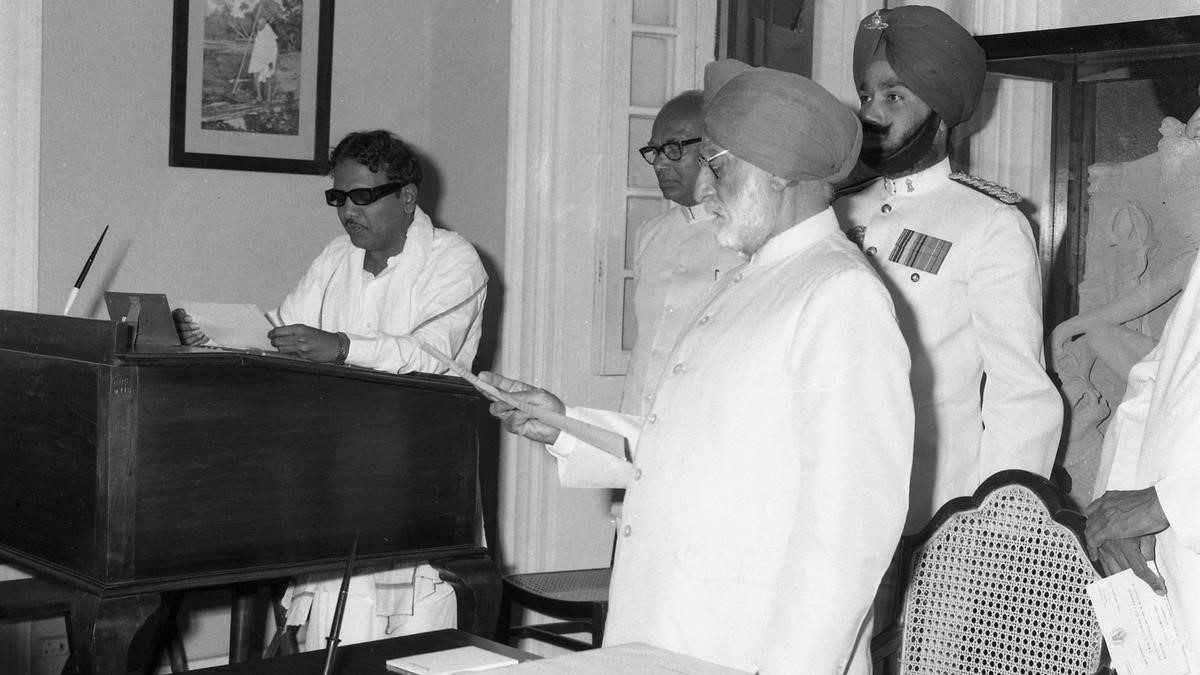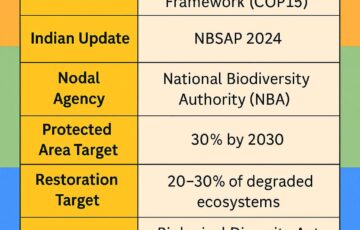Rajamannar Report Revisited Amid Federalism Concerns
Rajamannar Report Revisited Amid Federalism Concerns
Why in the News ?
Tamil Nadu CM M.K. Stalin has formed a high-level committee to review Centre-State relations, citing concerns over centralisation. This move revives the 1969 Rajamannar Committee’s recommendations on state autonomy, amid ongoing disputes over NEET, GST, and language policy.
Key Concerns and Recommendations
- Criticised Planning Commission’s discretionary control over state funding, undermining the Finance Commission.
- Said states became “supplicants” in their own jurisdictions due to centralised grants and planning.
- Warned of the erosion of federalism by a “triple threat” of central planning, grants, and politics.
- Asserted that true national strength lies in restraint, not expansionism, warning against a bloated Centre handling local matters.
Contemporary Relevance and Political Context
- CM Stalin’s new panel aims to restore constitutional balance and reassert state rights.
- Comes amid friction with Centre on NEET, GST, language policy, and resource allocation.
- Despite previous neglect of Rajamannar, Stalin invokes it ideologically, aligning with Dravidian ideals of decentralisation.
- Whether this initiative influences national policy remains to be seen.
Origins of the Rajamannar Committee:● Formed in 1969 by CM C.N. Annadurai, led by Justice P.V. Rajamannar. ● Tasked with reviewing the Constitution and suggesting ways to enhance state autonomy without compromising national integrity. ● Flagged excessive central control through Articles 256, 257, 356, and 365, especially the use of President’s Rule. ● Called for repealing Article 356 and establishing a permanent Inter-State Council for Centre-State dialogue. |





